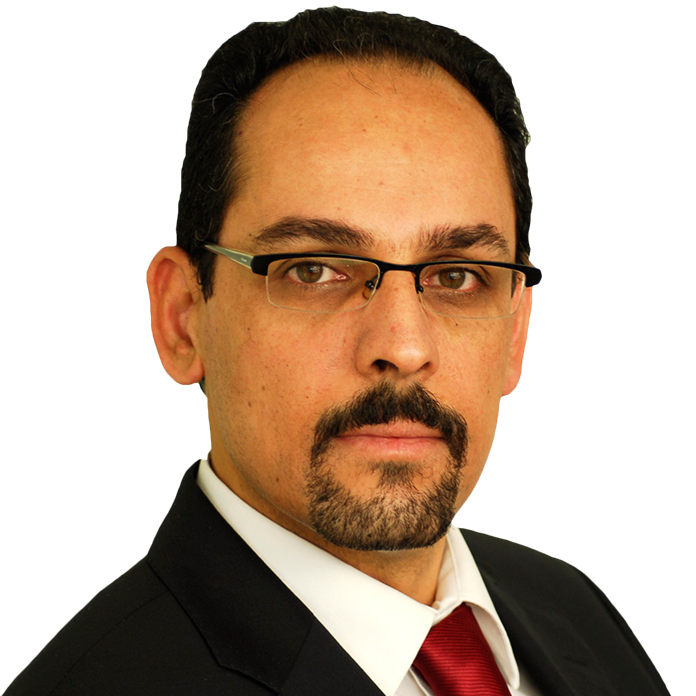When the German philosopher Friedrich Nietzsche had his "madman" declare that "God is dead," he was referring to the fact that Western modernity no longer believed in a set of transcendent principles people could live by. Instead of a cosmic order that gave meaning, purpose and direction to people's lives, modern man has nothing but himself to play the role of the Archimedean point of existence. The mortal humans who had killed God, now have the chance to be the masters of the world without answering to a higher authority. With his typical flamboyant voice, Nietzsche was describing a turning point in 19th century Europe. The death of God does not mean that people stopped believing in God or going to the church or the synagogue. The majority of the world's population continue to believe in God. But they live as if this belief no longer mattered.
The death of God means the end of belief in any absolutes. It refers to the loss of higher principles to which human beings can be held accountable. It means that humans have removed God from His throne and now can claim it for themselves. In this "new brave world," to use Aldous Huxley's term, modern civilization has nothing but man as the measure of all things. Man with his reason, but also with his desires and ego has become the only absolute of the new world that he has created - the very world which now threatens his own existence.
Source:Daily Sabah




















